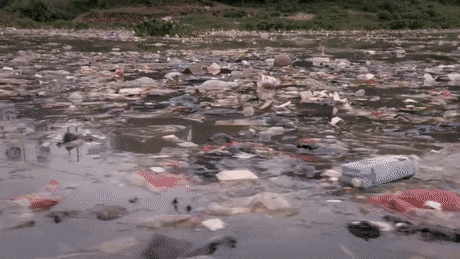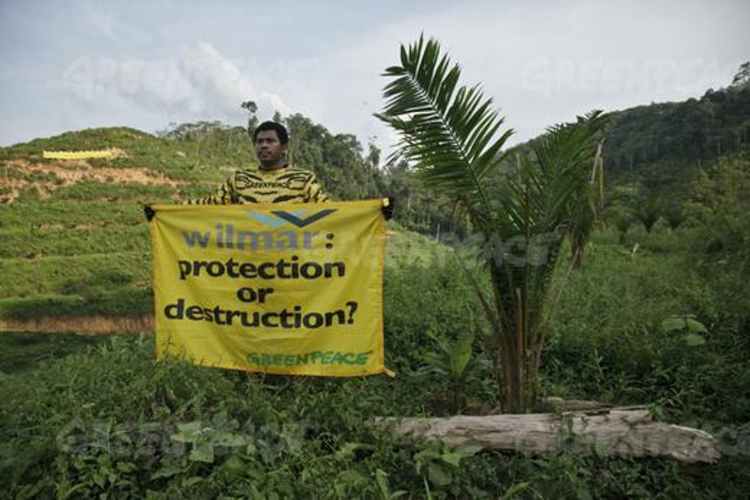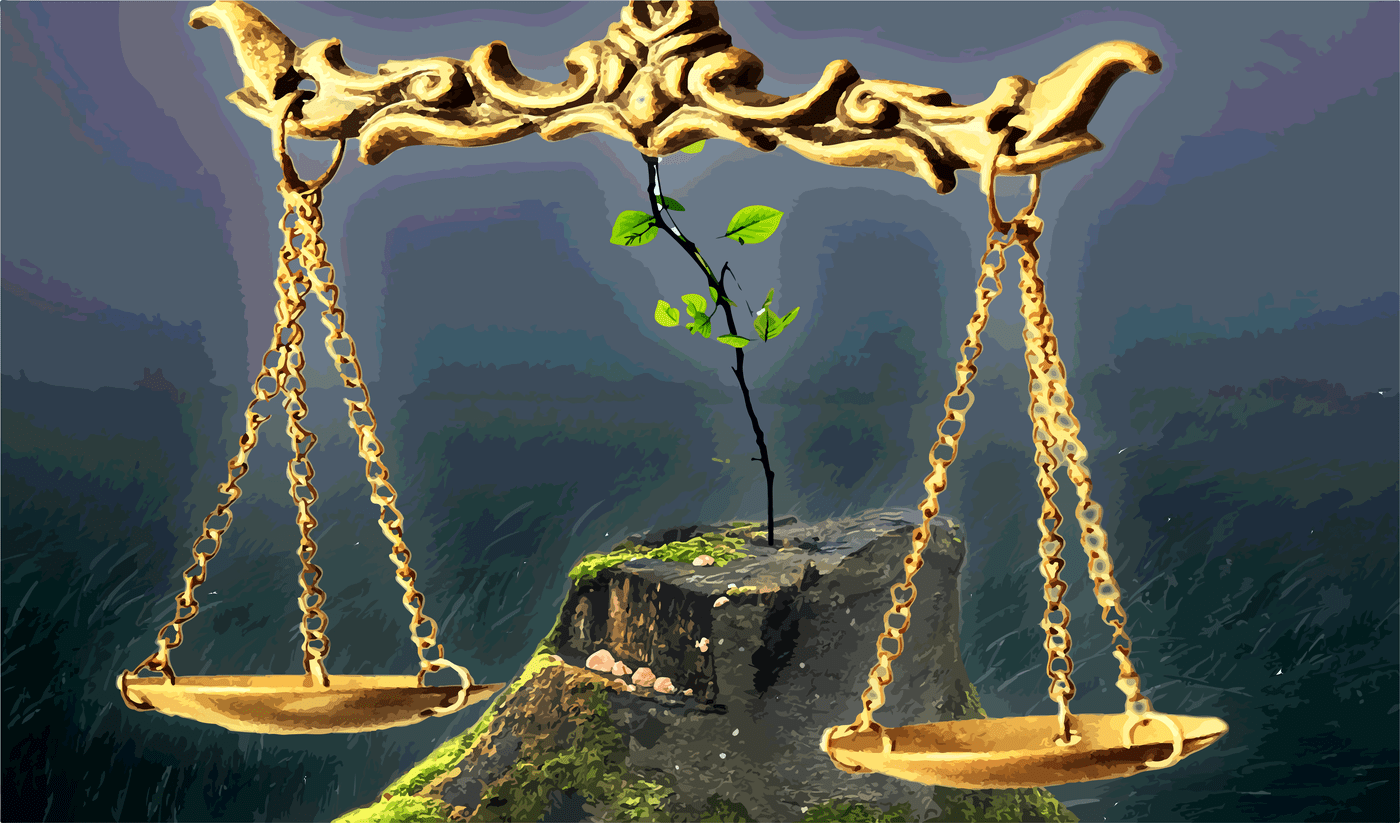The idea that nature — forests , rivers, mountains — could have rights, in the same way that human rights, or corporate rights exist has been building momentum.
The dying days of 2022 saw a historic global agreement reached to try to protect the plants and animals of this world from further demise.
#Indigenous peoples are 5% of the population but manage 80% of the world’s #biodiversity. Legal rights for #nature e.g. rivers, mountains has been building momentum #Boycott4Wildlife
Tweet
So far, 321 #legal rights initiatives for #nature have been launched with many more to follow. It is time for global rights to nature to be written into global law #ecocidelaw #Boycottpalmoil #Boycott4Wildlife
Tweet
Originally published by 360Info.org on January 6, 2023 as ‘The Rights of Nature’, written by Senior Commissioning Editor, 360info Asia-Pacific and republished here under Creative Commons licence.
In the last 50 years, the variety of life on Earth has diminished faster than at any time before. Environmental organisation, WWF estimates a 69 percent decline in wildlife populations around the world between 1970 and 2018. The United Nations suggests that one million species face extinction.
Fast facts
- Indigenous people represent 5 percent of the world’s people but manage of 80 percent of Earth’s biodiversity.
- The current rate of species going extinct is tens to hundreds of times higher the past 10 million years.
- 321 rights of nature initiatives, plus many other legal ventures have been launched around the world
At the United Nations conference on biodiversity held in Kunming, China and Montreal, Canada, nations agreed to protect 30 percent of land and sea from degradation by 2030, and further to restore 30 percent of degraded areas, amongst other plans.

The agreement was a significant step forward for environment protection, and enshrined into international law the idea that we should “live well in harmony with Mother Earth”.

“For far too long humanity has paved over, fragmented, over-extracted and destroyed the natural world on which we all depend. Now is our chance to shore up and strengthen the web of life, so it can carry the full weight of generations to come.”
~ Inger Andersen Under-Secretary-General of the United Nations and Executive Director of the UN Environment Programme
The agreement, with its emphasis on Indigenous knowledge and treatment of Earth as a living thing echoes the rights of nature movement, which has been gathering steam since it was conceived in the 1970s.

Through various legal avenues, this pushes the idea that nature — whether whole forests or single trees — could have rights, in the same way that human rights, or corporate rights exist.

“Rights of nature represent a minimalist alternative and seek to mitigate environmental damage from firmly within the coordinates of the current system.”
Peter Burdon, University of Adelaide
While it seems fanciful, numerous places around the world are actively investigating, or have already implemented at least portions of the concept. The latest is Ireland, where a citizens’ assembly is tackling the question of how the country can maintain its wildlife.
“In a city the boundary between what’s artificial and what’s nature becomes blurry, posing the question of which ‘nature’ in the ‘rights of nature’ should be protected.” ~ Alex Putzer, Sant’Anna School of Advanced studies
~
The details of ‘rights of nature’ are of course nuanced and cloaked in legal complexity, and at its core are big philosophical questions about humans’ relationship with our planet. But with humanity’s woeful track record of living sustainably with other species, it’s a movement that ultimately hopes to reset our path to one of “harmony with Mother Earth”.

“Western legal systems are only just beginning to bring a biological understanding of the world to the law.”
Craig Kauffman, University of Oregon
Originally published by 360Info.org on January 6, 2023 as ‘The Rights of Nature’, written by Senior Commissioning Editor, 360info Asia-Pacific and republished here under Creative Commons licence.
ENDS
Read more Reasons to Hope on Palm Oil Detectives
Reasons to Hope: Palm Oil Alternatives Made Without Deforestation
Environmental organisation Milieudefensie have calculated that every second, around 169 trees are cut down in tropical rainforests. So the race is on to find a real solution to stop this! Right now, several new technologies…
Read moreOpinion: Seven strategies that offer hope for rainforests
Company policies, new technologies, innovative financing and more are brightening prospects for the tropical rainforests — but time is short. February 18, 2020 — This piece was excerpted from Rainforest:Dispatches From Earth’s Most…
Read moreSoy and palm oil agriculture is destroying the planet: algae is the answer
Consumers, businesses and researchers have shown growing interest in microalgae in recent years. Use of Arthrospira platensis (spirulina) as a food supplement is one example. Others include how microalgae can be used as…
Read moreEcocide: why establishing a new international crime would be a step towards interspecies justice
A movement of activists and legal scholars is seeking to make “ecocide” an international crime within the jurisdiction of the International Criminal Court (ICC). The Stop Ecocide Foundation has put together a prestigious…
Read moreContribute in five ways
1. Join the #Boycott4Wildlife on social media and subscribe to stay in the loop: Share posts from this website to your own network on Twitter, Mastadon, Instagram, Facebook and Youtube using the hashtags #Boycottpalmoil #Boycott4Wildlife.
2. Contribute stories: Academics, conservationists, scientists, indigenous rights advocates and animal rights advocates working to expose the corruption of the palm oil industry or to save animals can contribute stories to the website.
3. Supermarket sleuthing: Next time you’re in the supermarket, take photos of products containing palm oil. Share these to social media along with the hashtags to call out the greenwashing and ecocide of the brands who use palm oil. You can also take photos of palm oil free products and congratulate brands when they go palm oil free.
4. Take to the streets: Get in touch with Palm Oil Detectives to find out more.
5. Donate: Make a one-off or monthly donation to Palm Oil Detectives as a way of saying thank you and to help pay for ongoing running costs of the website and social media campaigns. Donate here











